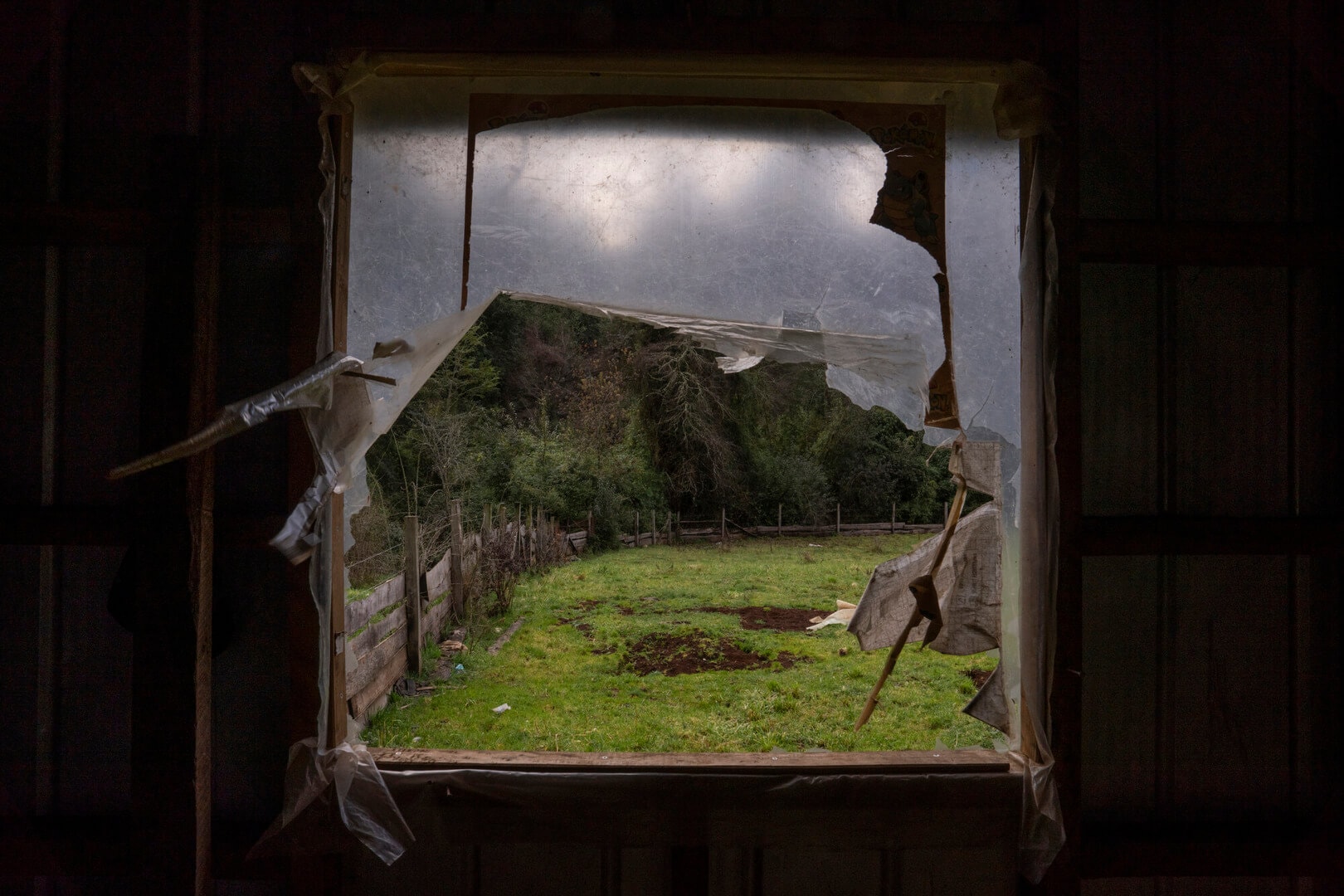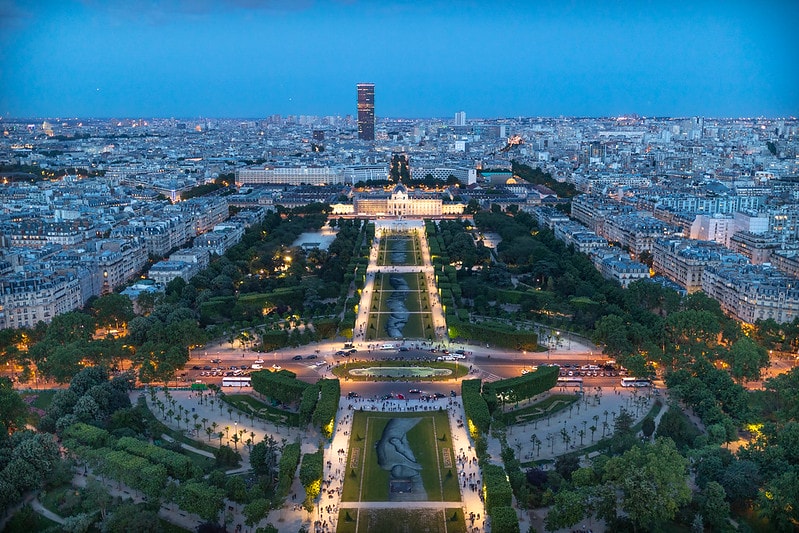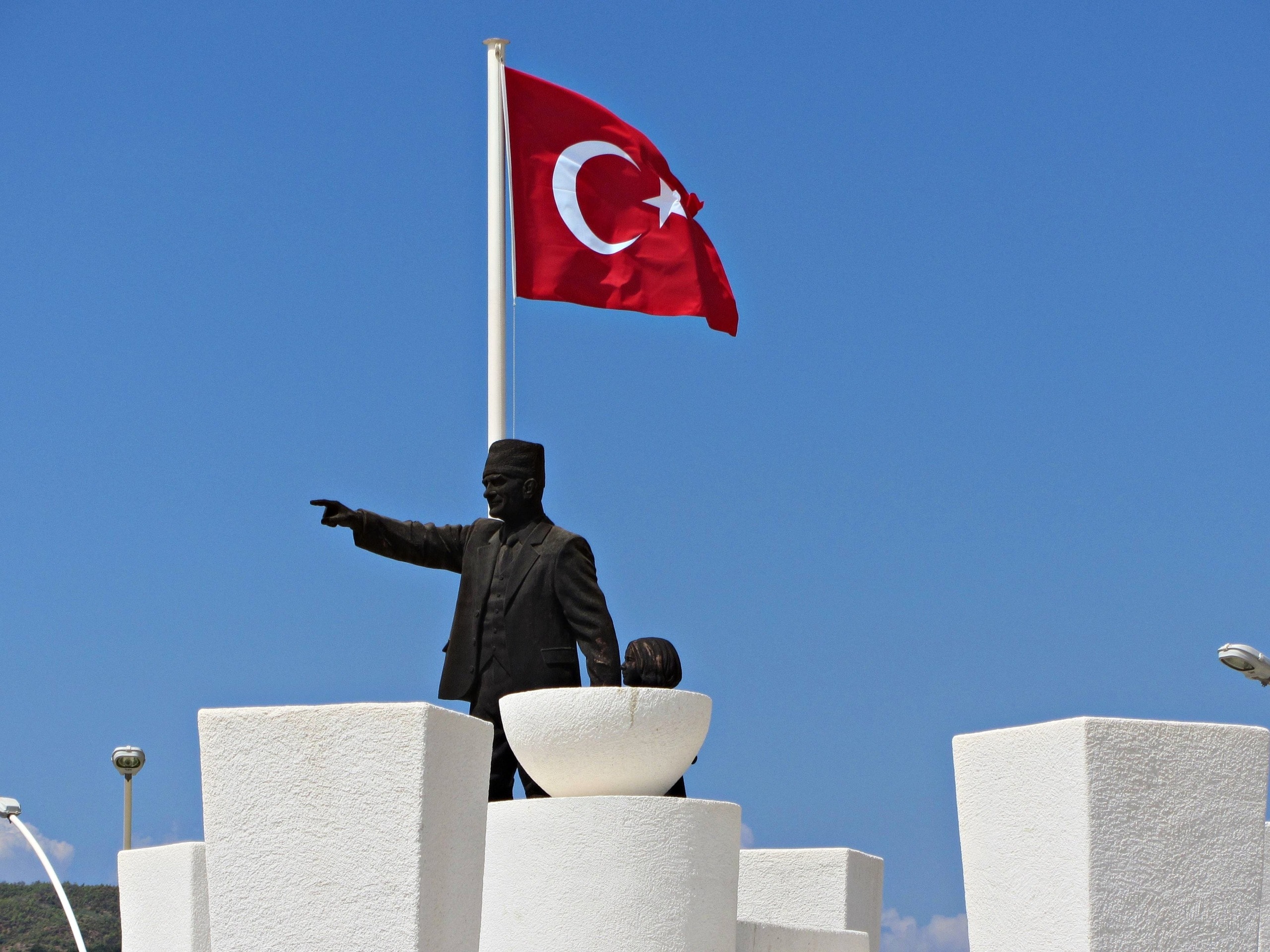On Wednesday, students gathered at several subway stations in Santiago to protest against the voters’ rejection of a new constitution that would’ve extended social rights and increased environmental protections, among many other things.
Students at the protest demanded reforms to the education system, claiming that the current Chilean system displays large amounts of socioeconomic inequality, technological gaps and gender discrimination.
After the new constitution was rejected, progressive President of Chile Gabriel Boric had to reorganize his entire cabinet to broaden the government’s coalition in order to promote progressive change.
https://twitter.com/RUB_USD_Bu/status/1567277416850268161
Protests all over the capital
Students took to the subway stations in Santiago, Chile, to express their frustration over a flawed education system and the rejected constitution that should’ve fixed it.
Early in the morning, the Santiago Metro started reporting temporary suspension as the students held up several stations across the city.
In Chile, high school students took to the streets yesterday after the referendum results.
In Chile, tens of thousands of high school students boycotted schools yesterday, demanding an "immediate new constitution" and organized protests "Don't live in Pinochet's old world" #Chile pic.twitter.com/bv6nZns39w— Partizan Yunanistan (@partizanGreece1) September 7, 2022
The protests remained peaceful, although many recalled what happened to student protests back in October 2019 as a cautionary tale. What were peaceful student protests at first, eventually erupted into violent street demonstrations against inequality in South America — many are hoping this won’t be a repeat.
In response, members of the country’s interior ministry met Wednesday afternoon to discuss solutions for the protests. What they come up with remains to be seen.
Chileans reject the latest Constitution
On Sunday, Chilean voters overwhelmingly decided to not support the new Constitution proposed by Boric after many called for “necessary” change.
The government took roughly two years to draft a progressive new constitution — something that had been long overdue.
Incredibly moving moment as Gustavo Gatica, who was shot in the face by a police officer and permanently blinded at a protest, breaks down in tears as he calls on Chile to vote to approve a constitution which safeguards human rights 🇨🇱 pic.twitter.com/y9XZiQSm1S
— John Bartlett (@jwbartlett92) September 2, 2022
The current constitution was written in 1980 under former dictator Augusto Pinochet who ruled for 17 years. One of the problems with the current constitution is the inclusion of private sector involvement in education, pensions and health care.
Democracy was eventually restored in 1990, yet no Constitution had since been created to reflect the change in government.
Therefore, in a 2020 referendum, roughly 80% of Chileans voted in favor of drafting a new Constitution — yet the latest one was apparently not the best fit for the country, .said by many to be too progressive.
The constitution draft included 388 articles focused on reforming issues such as legalizing abortion, gender parity in government offices, abolishing Chile’s senate, establishing autonomous Indigenous territories, improving educational rights, housing and pensions as well as the right to universal health care and new environmental protections that would limit the copper industry.
At this year’s referendum to adopt or reject the new Constitution, 62% of Chileans voted against, describing it as too progressive and too dramatic of a shift that the nation could not withstand at the moment.
As the latest constitution was rejected, the majority of Chileans still call for an updated, progressive constitution, just one that reflects more of the values of the country.
Educational reform takes center stage at protests
Anita Serrano Bezan, a 22-year-old trainee teacher from Chile, , explains that her experiences working as an online teacher during the COVID-19 pandemic have revealed many problems within the Chilean education system.
Some of the biggest issues within the system include socioeconomic inequality, technological gaps, and gender discrimination.
According to Bazán, “In my time working and studying in Chilean schools, I have observed that teachers tend to reserve the most challenging math and science activities for boys, which discourages girls from seeking leadership roles in these fields,” said Bazán.
In correlation, statistics show women are underrepresented among STEM graduates and professionals — only one in three researchers in Chile being women.
Socioeconomic status is also a big concern in the education sector. According to the Organization for Economic Co-operation and Development, tuition fees for public schools in Chile are among the highest in the world with only six out of 10 Chilean families able to pay the high cost of education.
Socioeconomic status in education is deepening further with the presence of online education, as technological gaps such as internet access provide less of a chance for families across Chile to receive necessary education.
A survey conducted in 2021 found that 73% of Chileans had difficulties using online education during the pandemic and that a large digital divide exists between urban and rural areas, with 60% of Chile’s rural population lacking internet access in contrast to 40.9% of the rural populations that do have access.
However, educational reform is just one of the issues citizens of Chile want to be addressed. With the latest constitution already in the trash — one that had taken years to draft — it appears that none of them will be addressed until Chilean lawmakers manage to draft a constitution that is progressive but not too progressive, and which implies change – but not too much, and not too quickly.
Editor’s Note: The opinions expressed here by the authors are their own, not those of Impakter.com — In the Featured Photo: Santiago subway station on December 10, 2016. Source: RL GNZLZ, Flickr.














